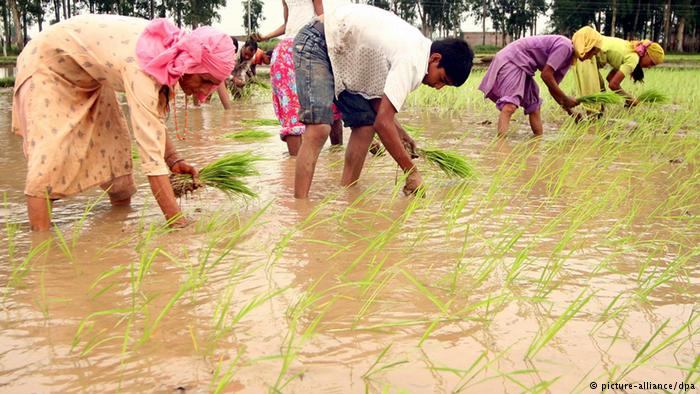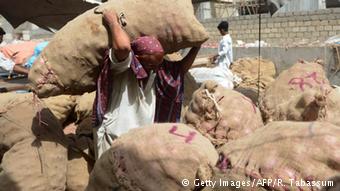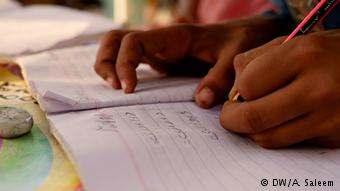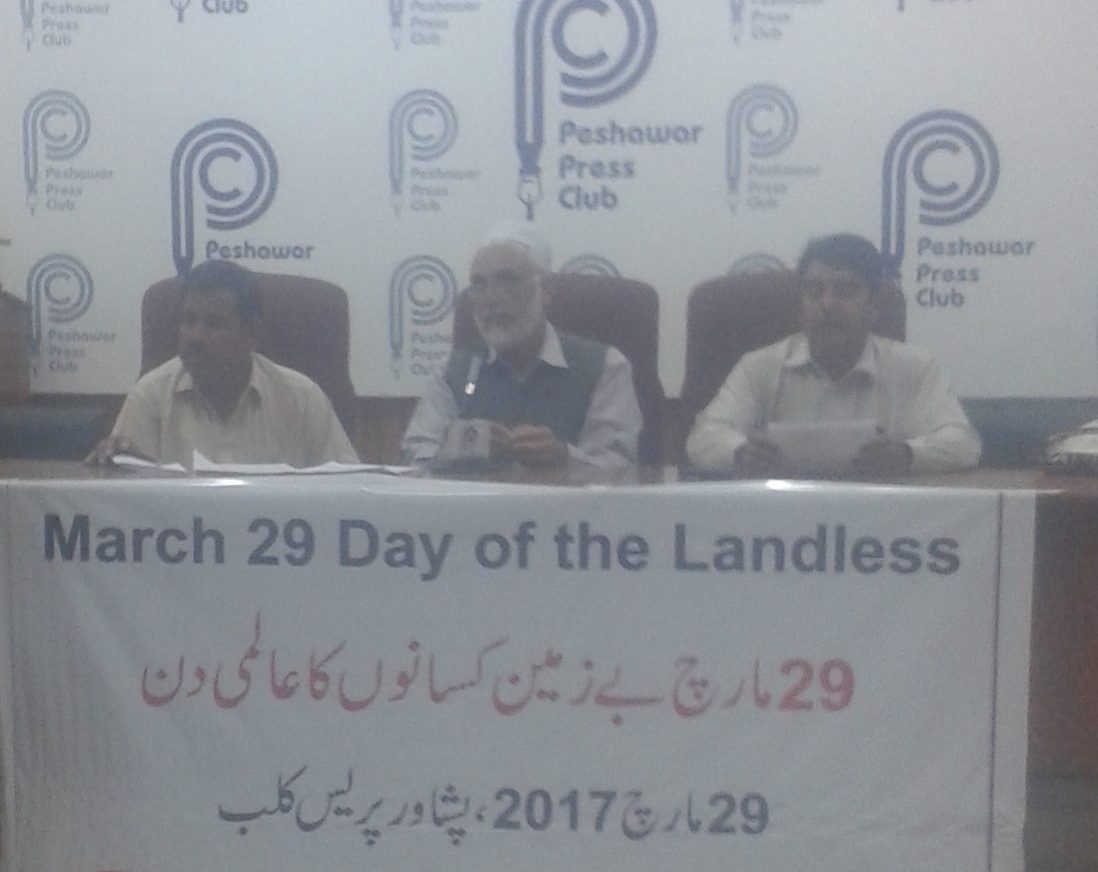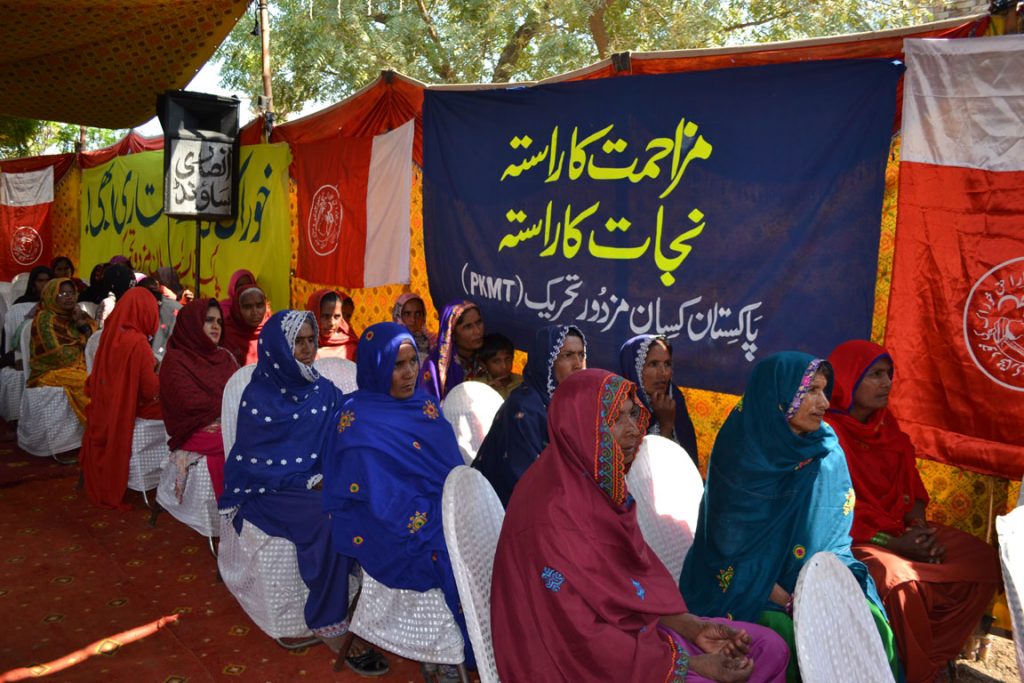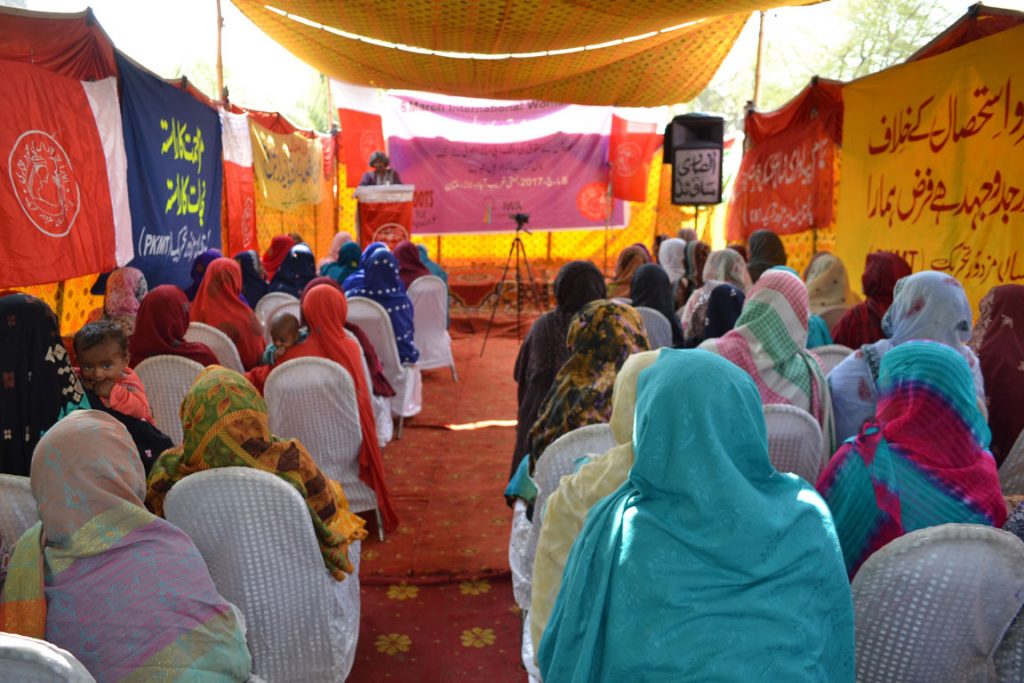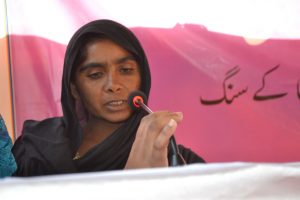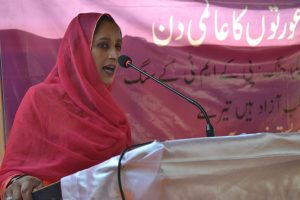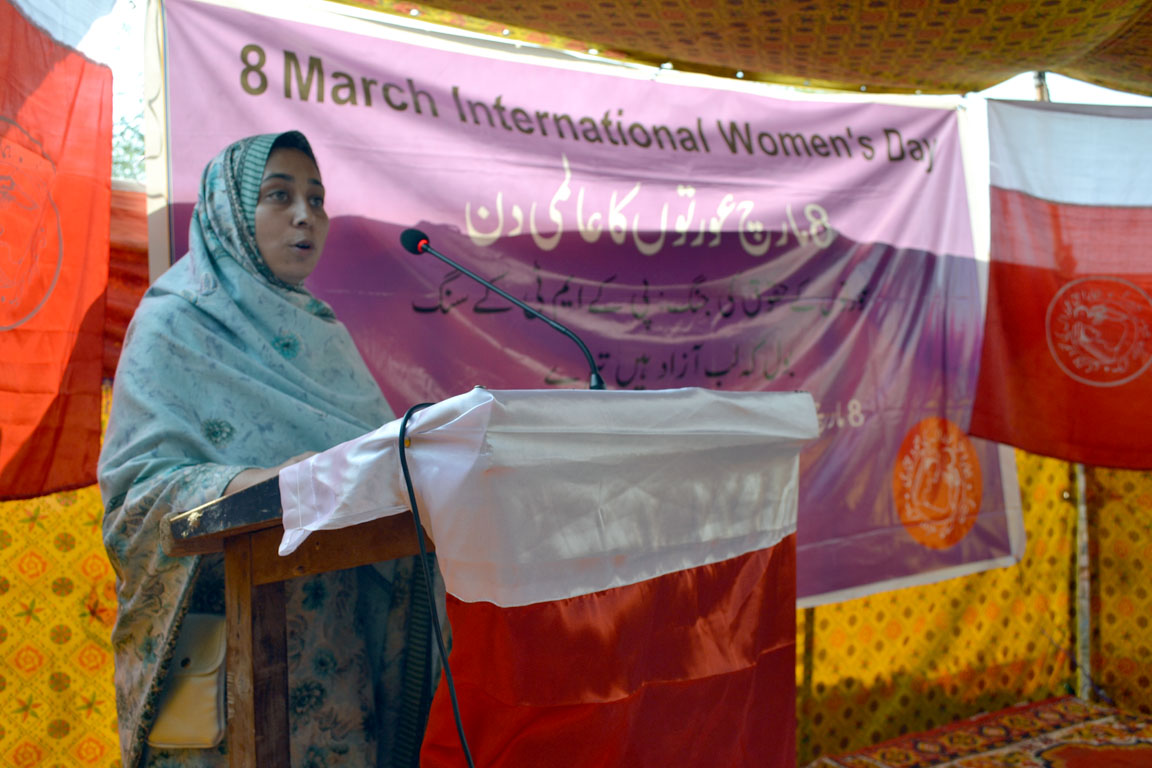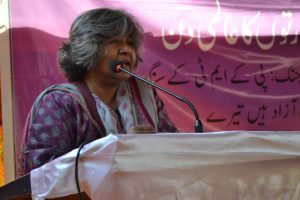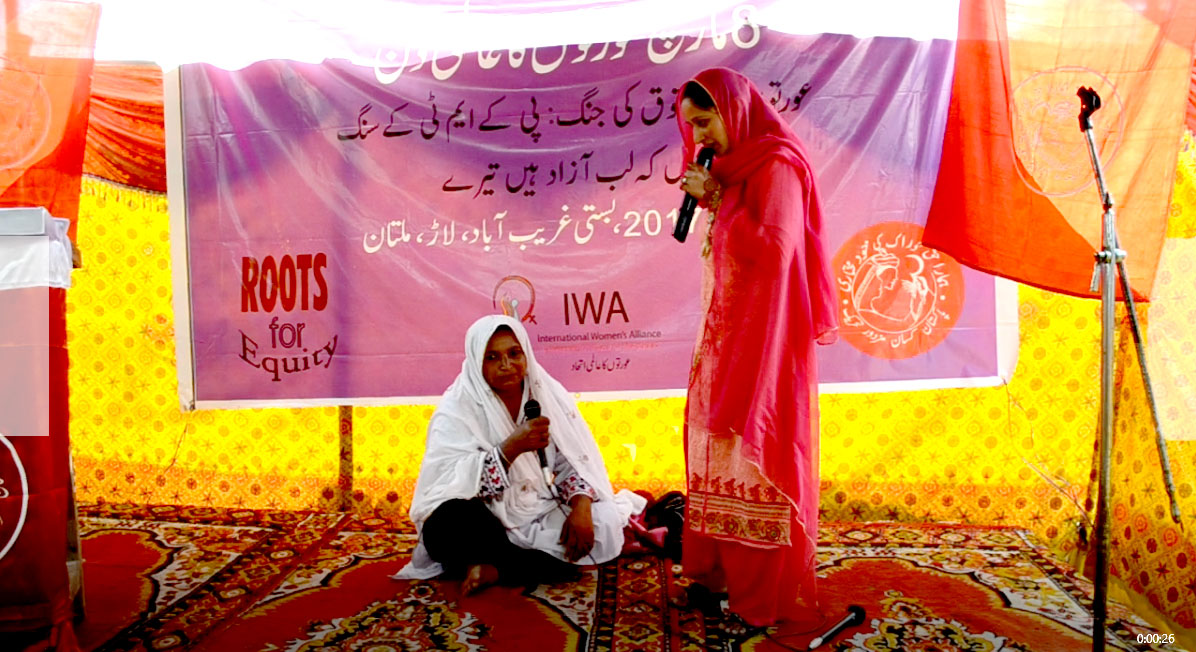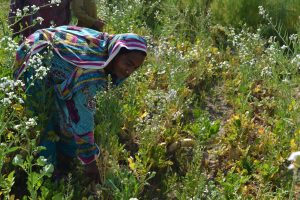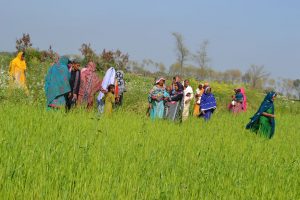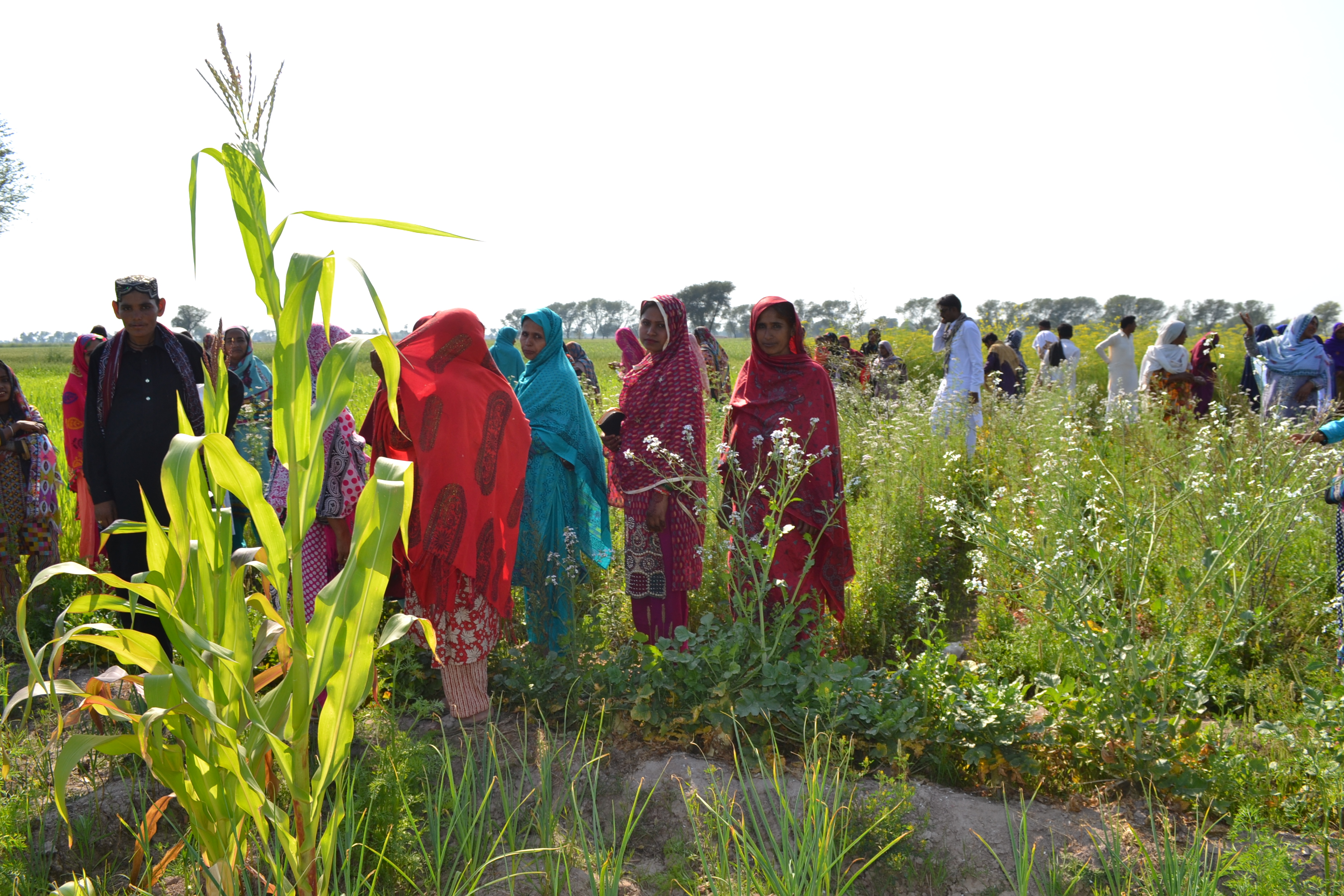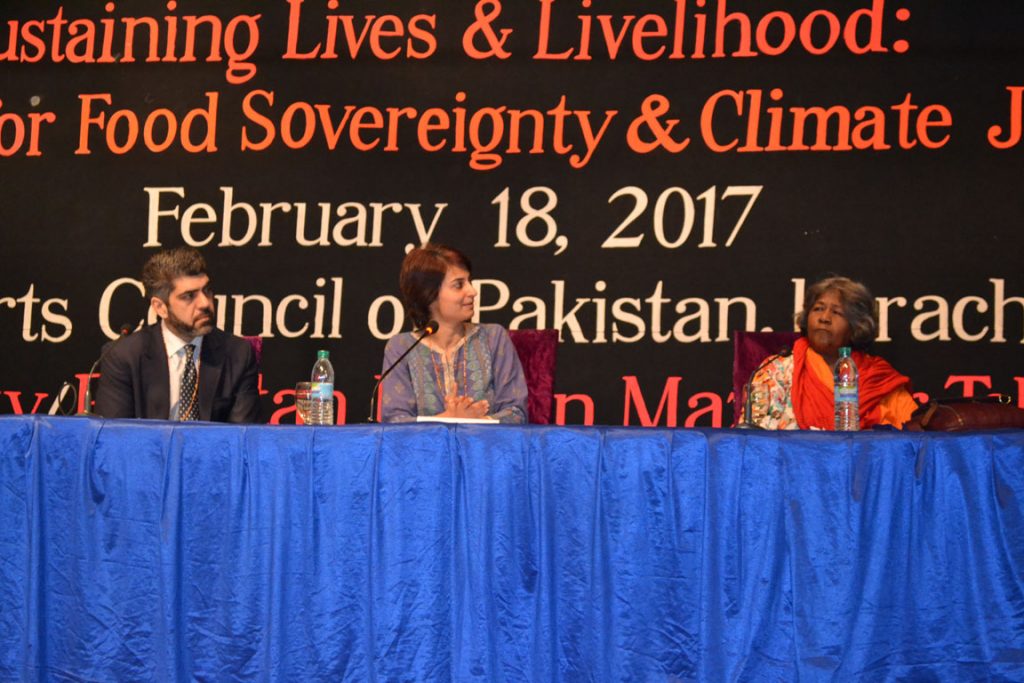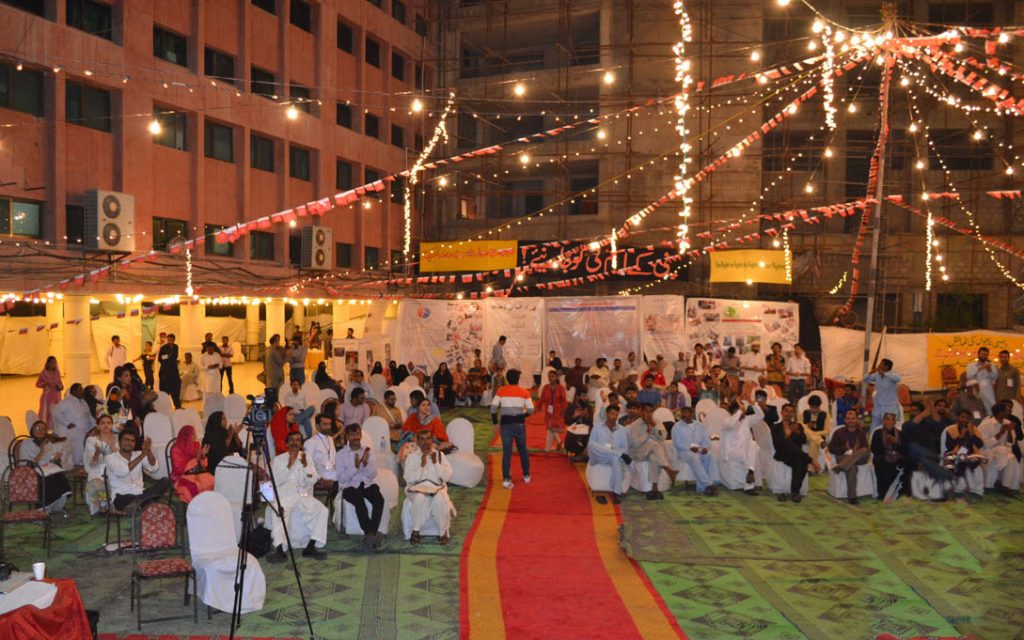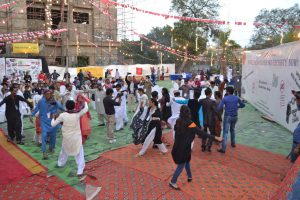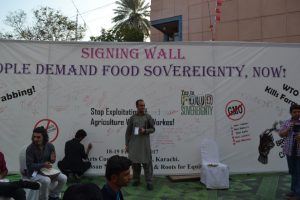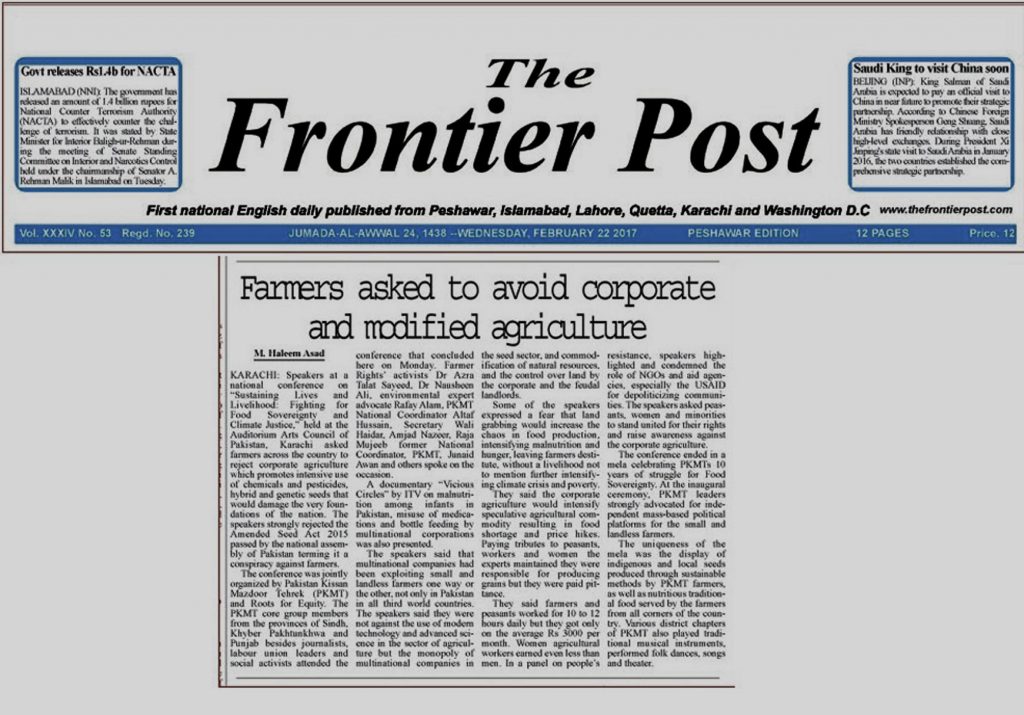Dawn, March 5th, 2017
Faisal Ali Ghumman
LAHORE: The Punjab government is finalising deal with Monsanto — a leading producer of genetically modified (GM) seed — to acquire advanced cotton seed technology and technical expertise for five years.
The provincial government is moving ahead with its plans despite reservations by farmers, research institutes and seed companies which say the technology would have negative impacts.
The Punjab Agriculture Department (PAD), which has been consulting stakeholders after the Punjab chief minister approved the acquisition of GM technology from Monsanto in August, decided in Feb 2017 to strike a conditional deal with Monsanto. It would be ensured that R&D institutes and seed companies get a level playing field.
“We are negotiating with Monsanto to bring down the cost from $70 million to $50m,” Dr Ghazanfar Ali, additional secretary agriculture department, told Dawn on Saturday.
He said that comparison between the use of technology between the Centre for Excellence and Molecular Biology (CEMB), a local seed provider, and Monsanto suggested to go for the latter.
According to a report of the Ministry of Textile Industry published in the International Cotton Advisory Committee (ICAC) of the United States, Pakistan had adopted transgenic cotton (Bollgard II, or BG-II) over the area of about 86 per cent.
In a 2012 report, the Agriculture Biotechnology Research Institute (ABRI) confirmed that both the genes — BG-II and RoundUp Ready Flex (RRF) — were already present in GM cotton crops in Punjab and Sindh.
Documents of Monsanto and US Security and Exchange Commission (SEC) available with Dawn show that the patents for both GM cotton genes will expire in 2021.
“Even if Pakistan makes a deal with Monsanto to introgress BG-II and RRF genes, it will be available for commercialisation after 2021,” said an informed source in the PAD.
He said Monsanto would provide access to its pipeline cotton technologies like BG-III and others in separate model and financial terms, subject to successful roll-out and satisfactory execution of BG-II and RRF technologies.
Punjab Agriculture Secretary Muhammad Mahmood said that a local research institute claimed that they have doubled Bacillus thuringiensis (Bt) and the glyphosate-resistance genes ready for commercialisation, whereas double Bt–vegetative insecticidal protein-3 (vip3)–glyphosate-resistance genes were in the pipeline and would be available in 2019.
A visit to research institutes revealed that the NIBGE had nothing to offer immediately whereas the technology available with the CEMB still needed to be improved and was far behind in commercialisation.
“Therefore, Punjab has only one window available, ie Monsanto, to get latest proven seed technology,” he said.
To safeguard interest of the industry, R&D institutes and farmers he floated a 6+1 formula (seed companies plus the Punjab Seed Corporation) to work with Monsanto to get better results.
Mr Mahmood added that the provincial government would provide all kind of resources to help research institutes and invited proposals for their capacity-building.
The additional secretary (planning) informed that a workshop titled “Prospects of GM Cotton in Punjab: Opportunities and Challenges’ was held on Aug 31, 2016, in which three working groups were constituted. The first recommendation of a working group, duly approved by the Punjab chief minister, was introduction of GM cotton technology at the earliest.
Former director of the Central Cotton Research Institute (CCRI), Multan, Dr Zahoor Ahmad was of the view that BG-II technology has failed in Australia and India, so Pakistan should go for triple genes.
“We need to be cautious as the US government has a law under which Monsanto may be stopped to implement the agreement,” he added.
Dr Kausar Abdullah Malik said Monsanto’s first entry into the market would be in 2021, but Pakistan’s institutes can introduce triple genes cotton much earlier.
He advised to keeping all options open and developing a mechanism for public private partnership in the field.
He said that in the past new varieties could not be approved due to non-functioning of National Bio-safety Committee. “Now we should develop heat-tolerant and weather-resistant varieties with the local germ plasm and should provide $10m to the local research institutes besides $50-70m dollars to Monsanto for the purpose.”
Seed Association of Pakistan’s Moshin Raza said the provincial government should not spend a large amount of $70m for acquiring this technology and instead support local institutes who could provide three-gene cotton in 2019 free of cost.
https://www.dawn.com/news/1318464/punjab-close-to-striking-deal-with-monsanto-despite-reservations
